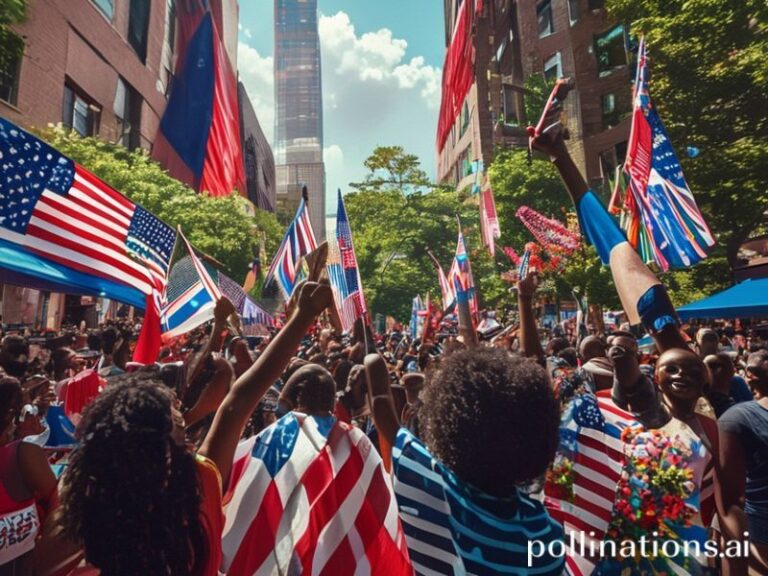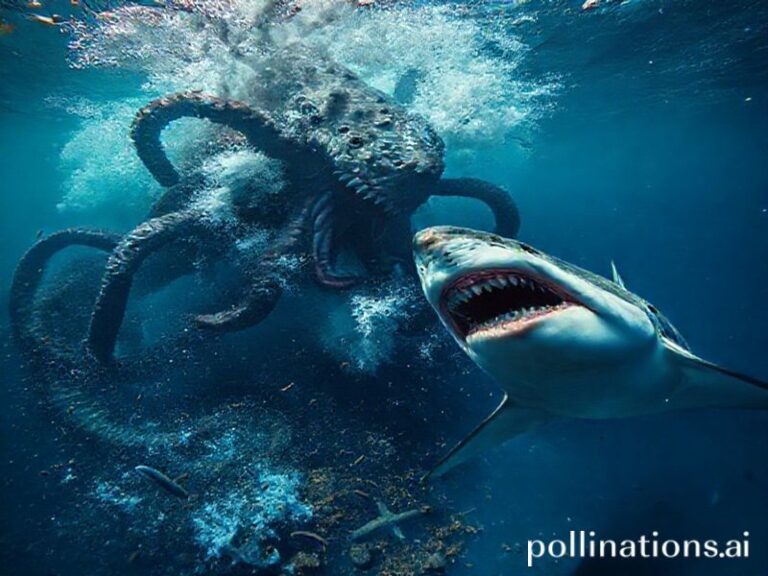Bruges vs Monaco: Champions League Clash Where Europe’s Past and Tax Haven Future Collide
Club Brugge vs Monaco: Where Medieval Cobblestones Meet Tax-Haven Glitter, and the World Pretends It Cares
By Our Man in Bruges, nursing a Duvel and a mild existential crisis
In a universe where COP summits end in polite applause and zero emissions, and the UN Security Council can’t even agree on lunch, it is oddly comforting that two patches of grass—one laced with Flemish fog, the other perfumed by Mediterranean excess—can still summon a global audience. Tonight, Club Brugge and AS Monaco lock horns in the UEFA Champions League group stage, a fixture that matters to precisely three constituencies: Belgians who insist their fries are better, Monégasques who insist their yachts are bigger, and streaming subscribers in 195 countries who insist their Wi-Fi is worse.
From the outside, the stakes appear trivial: three points, a step toward knock-out lucre, another line item in a hedge-fund quarterly. Yet zoom out and you’ll see a miniature Grand Guignol of modern geopolitics. Bruges, the postcard city tourists insist on calling “The Venice of the North” because they’ve never been to Ghent, represents heritage Europe—half-timbered houses, beer brewed by monks who discovered irony centuries before Twitter, and a mayor who still answers his own phone. Monaco, meanwhile, is Europe’s gated WhatsApp group: zero income tax, maximum cosmetic surgery, and a royal family that functions like influencer royalty with diplomatic immunity. If Bruges is a museum with Wi-Fi, Monaco is an offshore account with palm trees.
The football merely dramatizes the contrast. Club Brugge’s squad is assembled from the footballing equivalent of a scratch-and-dent sale: a Croatian who was once labeled “the next Modrić” (spoiler: he isn’t), a Nigerian striker who learned English via Scottish swearing, and a local goalkeeper who still lives above his parents’ frituur. Monaco’s roster, by contrast, arrives shrink-wrapped in potential resale value: a Brazilian teenage winger whose agent has more LinkedIn connections than the Belgian foreign ministry, and a French center-back whose transfer clause is indexed to the price of Brent crude.
Global capital flows, you ask? They’re right there in the passing lanes. Brugge’s annual budget wouldn’t cover Monaco’s monthly yacht-polishing tab, yet the Belgians keep producing tidy, stubborn football—the sort that makes accountants purr and neutrals change the channel. Monaco, meanwhile, plays like an investment portfolio: dazzling in bull markets, alarmingly liquid in bear ones. When the going gets tough, their teenagers get going—usually to London or Madrid.
The worldwide implications are, naturally, overstated by everyone with a microphone. A win for Brugge will be hailed in Wallonia as a triumph of community over capital, conveniently ignoring that their shirt sponsor is a Japanese photocopier conglomerate. A Monaco victory will be spun in the principality as proof that tax optimization and sporting excellence are natural bedfellows, a thesis the European Commission politely disagrees with. Either way, the match will be clipped into TikToks, GIFs, and NFTs before the post-game doping tests come back clean, ensuring that the only true winner is bandwidth.
Still, there is something stubbornly human about the spectacle. In an age when drones deliver our groceries and algorithms determine our romantic prospects, 22 millionaires chasing an inflated bladder still passes for narrative. The fans—those relics with faces and larynxes—will sing songs older than their grandparents and newer than yesterday’s meme, proving that tribalism is the last renewable resource.
Final whistle verdict: Club Brugge will fight like underpaid extras in a Netflix series; Monaco will preen like protagonists who know the script guarantees a sequel. Somewhere in between, the rest of us will watch, tweet, and pretend the outcome alters the curvature of the universe. It doesn’t, of course. But for 90 minutes plus stoppage time—inevitably elongated by VAR and existential dread—we can all agree on one thing: nothing important is happening elsewhere.
And in 2024, that passes for unity.







